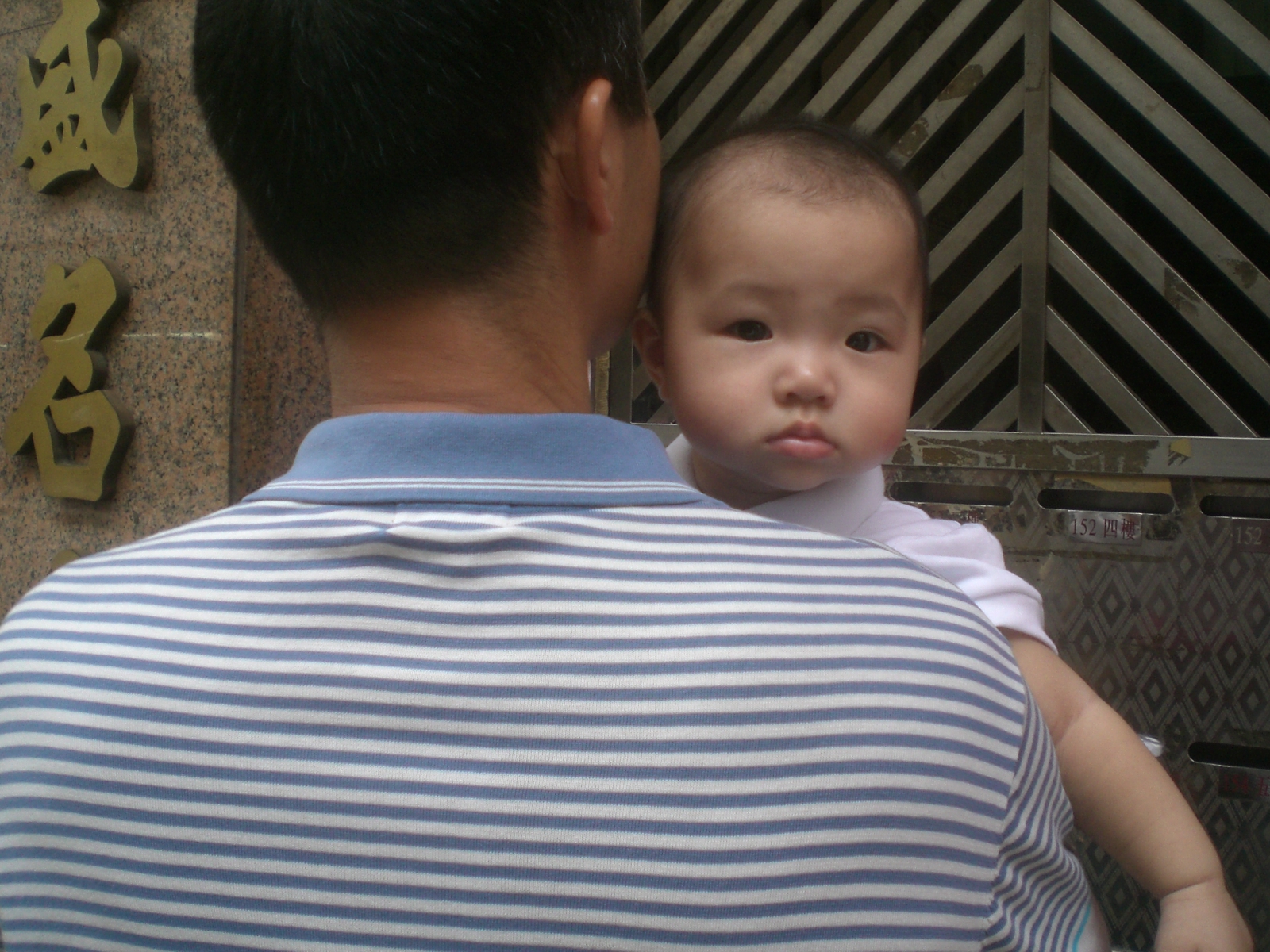While postpartum depression (PPD) is typically considered to be a woman’s illness, a number of studies have suggested that, although men do not experience any of the dramatic physiologic or hormonal changes that go along with pregnancy, new fathers may also suffer from PPD. Several recent studies yield information on how to better identify new fathers at risk for depression.
The first study (conducted in Sweden) measured depressive symptoms in 812 men 3 months after their first baby was born. In this cohort, 10.3% of the men suffered from depressive symptoms, defined as scores of 11 or greater on the Edinburgh Postnatal Depression Scale (EPDS). This study also attempted to identify risk factors for paternal PPD.
Younger fathers were at greater risk for PPD. Compared to fathers aged 29–33 years, younger fathers had an increased risk for depressive symptoms (odds ratio [OR] 2.55; 95% CI 1.50–4.35). Lower education level, lower income, relationship difficulties, and financial worries also increased the risk for depressive symptoms, but these factors could not explain the increased risk among the younger fathers.
These findings are largely consistent with previous studies. In another study, depression in fathers was associated with poverty (adjusted odds ratio [AOR] 1.52), living with a child with special health care needs (AOR 1.42), poor paternal physical health (AOR 3.31) and paternal unemployment (AOR 6.49). One of the strongest predictors of paternal depression was the presence of maternal depressive symptoms (AOR 5.77).
Why is this so important? Although in most families, the mother is the primary caretaker of the children, fathers play an important role. Several recent studies have indicated that paternal depression may place the child at higher risk for behavioral problems, as well as psychiatric illness, later on. Given these findings, we cannot afford to ignore psychiatric illness in the father. However, we know very little about how best to screen for depressive symptoms in new fathers. Since men tend to express depressive symptoms differently than women, can we use the same screening tools to identify paternal depression? This is a topic we will address in an upcoming post.
Ruta Nonacs, MD PhD
Bergstrom M. Depressive Symptoms in New First-Time Fathers: Associations with Age, Sociodemographic Characteristics, and Antenatal Psychological Well-Being. Birth 2013; 40:32-38.






Dr. Nonacs raises a very important question about the awareness and the evaluation of paternal depression. This issue is often overlooked. The family systems theory could help understand why fathers can also have postpartum depression from a systematic view.
I like the question:”Since men tend to express depressive symptoms differently than women, can we use the same screening tools to identify paternal depression?” Looking forward to the next topic discussion.